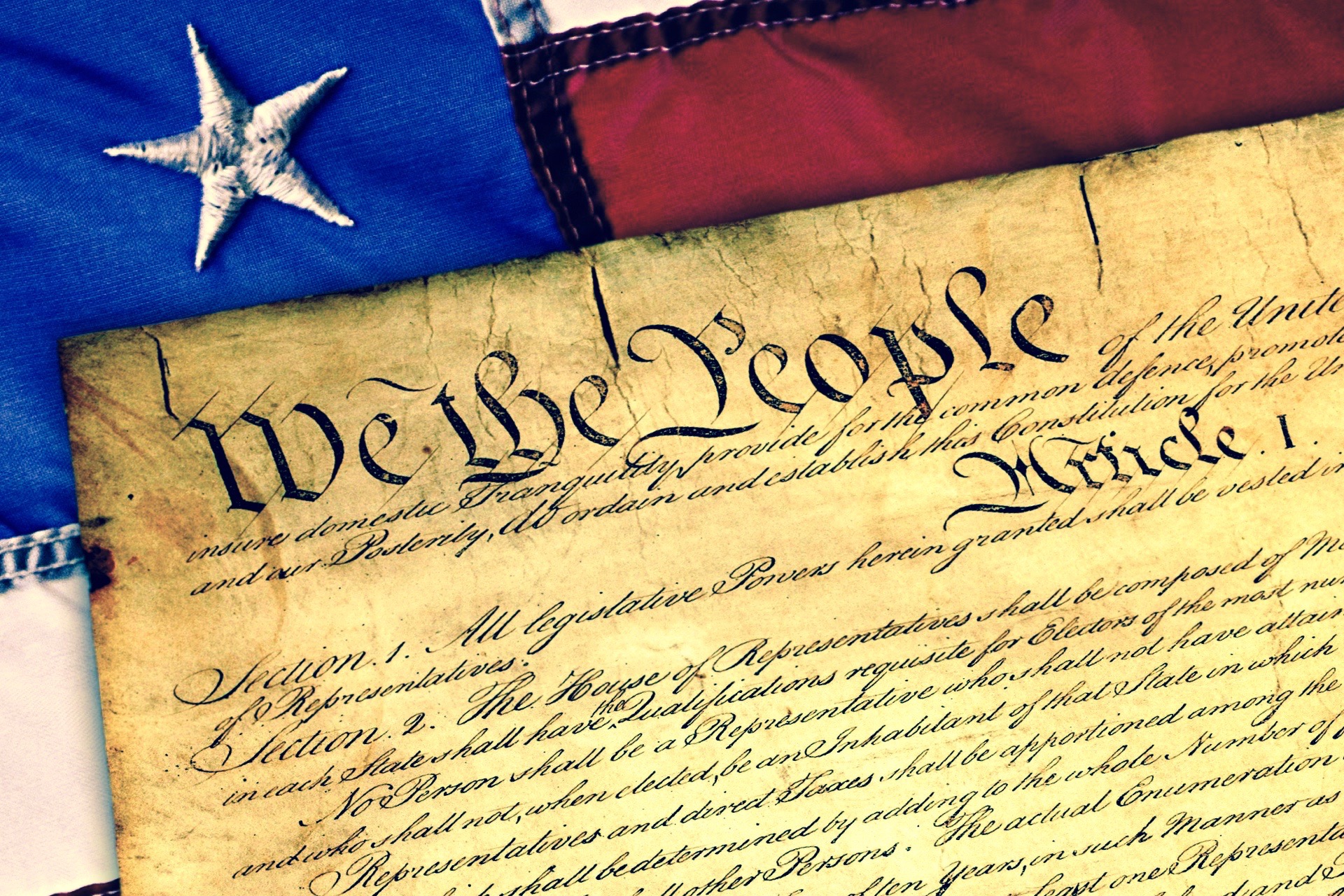In preparation for Independence day, I thought it would be best to briefly discuss the original ten amendments to the Constitution known as the Bill of Rights. In our modern times, these have brought about much debate. Many times I am not sure if people actually know what they say- They just scream out, “My second amendment rights are being violated.” But are they? Should we even recognize the Bill of Rights as a crystallized non-changing structure or should it be an organic system of rules that can develop and change? If one looks closely at the original ten amendments, they will see that they are very reactionary towards the behavior that the Founders disapproved of which was executed by their British “overlords.” But are these relevant then, today? And in some cases, even worse is that some of them are very subjective and vague. Couldn’t the founding fathers come up with something a little more definitive?
Let’s walk through these amendments and look at some of the debates and issues that arise with the language-
Amendment I- Congress shall make no law respecting an establishment of religion, or prohibiting the free exercise thereof; or abridging the freedom of speech, or of the press; or the right of the people peaceably to assemble, and to petition the government for a redress of grievances.
- Here is where many people quickly go to claim that there is a separation of church and state, yet the first amendment states no such thing. It clearly says that Congress (interestingly enough it never prohibits a local or state government) shall not make a law that establishes a religion or prohibits the free exercise of one. So having a cross or the Ten Commandments painted on a government building or as a statue is not restricted by this amendment. (Key words- Congress, Establishment, not Prohibit) Nor can they restrict in any way the exercise of any religion. I have heard argued that the Founders did not consider Eastern religions or Islam a religion, but this is simply not true based on primary source information. Even though they leaned more toward Christianity than any other religion (as can be seen in their writings), most of them were not distinctly Christian, but agnostics and Deists. With the influx of immigrants from other countries, Christians should consider if they want an entirely secular government void of Christian symbols or if they are willing to begin installing a Crescent, Buddha, or Yin Yang on some of its government buildings.
- The second part of this amendment which addresses free speech states that Congress shall not make any law that would limit free speech. The idea of “hate speech” was not restricted because what we consider hate speech today was widely common at the time. (We should be careful to label any negative speech or disagreement as hate speech or intolerance.) Negative comments, contrary and harsh language is part of life and has been since before 1791.
To Be Continued…










